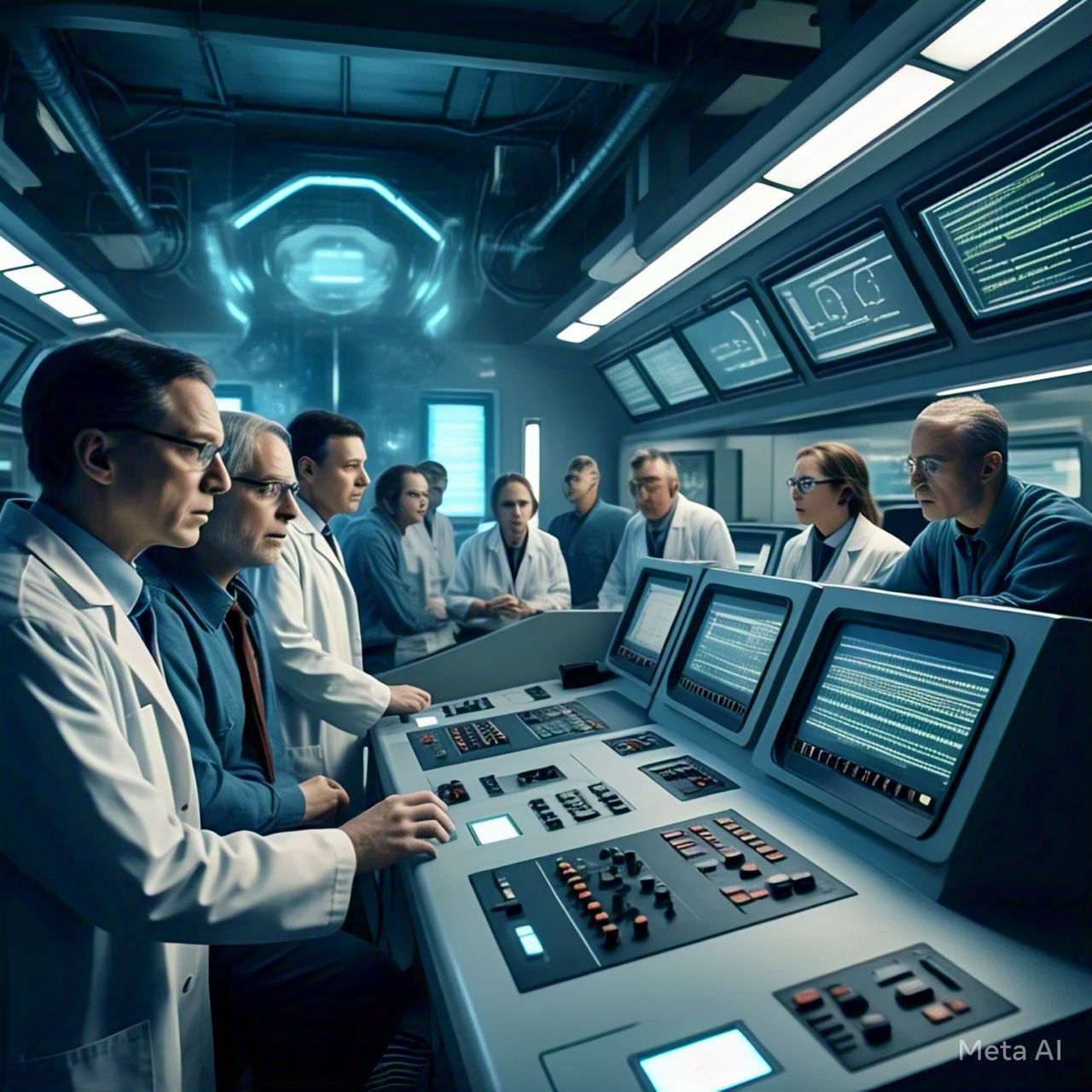Introduction
Artificial Intelligence (AI) is playing an increasingly critical role in humanity’s quest to explore and colonize space. As missions venture further into the cosmos, AI-powered systems are essential for overcoming the challenges of deep-space travel, planetary colonization, and extraterrestrial research. From autonomous spacecraft to AI-driven robotics, these advancements are shaping the future of space exploration.
The Role of AI in Space Exploration
1. Autonomous Spacecraft and Navigation
AI-powered systems are crucial for deep-space missions, where real-time human intervention is limited due to communication delays. Key applications include:
- Autonomous navigation for rovers and satellites, allowing them to adjust their paths without human input.
- AI-driven course correction to optimize fuel efficiency and avoid obstacles.
- Predictive maintenance to detect and resolve spacecraft issues before they become critical.
2. AI-Enhanced Astronomical Research
AI helps scientists analyze vast amounts of cosmic data, leading to groundbreaking discoveries. Some applications include:
- Processing telescope data to identify exoplanets and cosmic anomalies.
- Machine learning algorithms that detect patterns in astronomical observations.
- Predictive models for space weather forecasting to protect satellites and astronauts.
3. Robotics for Planetary Exploration
AI-powered robots and rovers are instrumental in planetary research and colonization efforts. Their capabilities include:
- Autonomous decision-making for exploring unknown terrains.
- AI-powered robotic arms for conducting experiments and assembling infrastructure.
- Self-repairing mechanisms that increase the lifespan of space missions.
AI and Human Colonization of Space
1. AI-Powered Habitat Construction
Future human colonies on Mars, the Moon, and beyond will rely on AI-driven robotics to construct habitats. AI can assist by:
- Optimizing construction materials and techniques for harsh environments.
- Coordinating robotic systems to autonomously build infrastructure.
- Monitoring structural integrity to ensure long-term sustainability.
2. AI in Life Support and Resource Management
AI will be essential for maintaining human life in space by:
- Regulating oxygen, water, and food supplies in closed-loop systems.
- Predicting and mitigating life support failures before they become life-threatening.
- Managing agricultural production in space-based greenhouses.
3. AI-Assisted Decision-Making for Astronauts
With limited real-time support from Earth, AI can act as an essential decision-making assistant by:
- Providing medical diagnostics and emergency responses.
- Guiding astronauts through complex repairs and scientific tasks.
- Analyzing risks and suggesting optimal solutions.
Ethical and Logistical Challenges
1. Dependence on AI
While AI enhances mission capabilities, overreliance on automated systems poses risks such as:
- Potential system failures that could endanger astronauts.
- Limited human intervention capabilities in unforeseen scenarios.
- Ethical concerns over AI making autonomous decisions in life-or-death situations.
2. AI in Extraterrestrial Governance
As space colonization progresses, questions arise about AI’s role in governance, including:
- Should AI systems have decision-making authority in space settlements?
- How do we ensure AI aligns with ethical and human-centered policies?
- What regulatory frameworks should govern AI-driven space exploration?
Conclusion
AI is revolutionizing space exploration, enabling humanity to venture deeper into the cosmos than ever before. As AI-driven systems become more advanced, they will play an essential role in autonomous spacecraft, planetary colonization, and extraterrestrial research. However, careful consideration of ethical and logistical challenges is necessary to ensure AI remains a tool for progress rather than a potential risk. The future of space exploration will be shaped by our ability to integrate AI effectively while maintaining human oversight and ethical governance.




